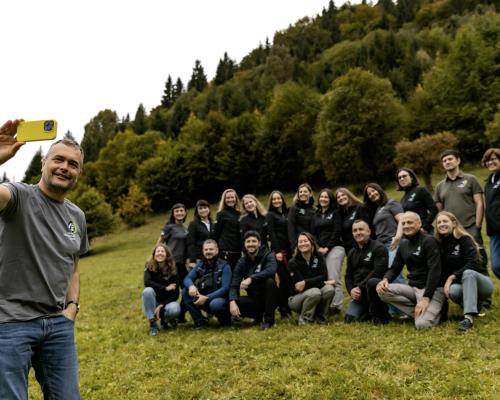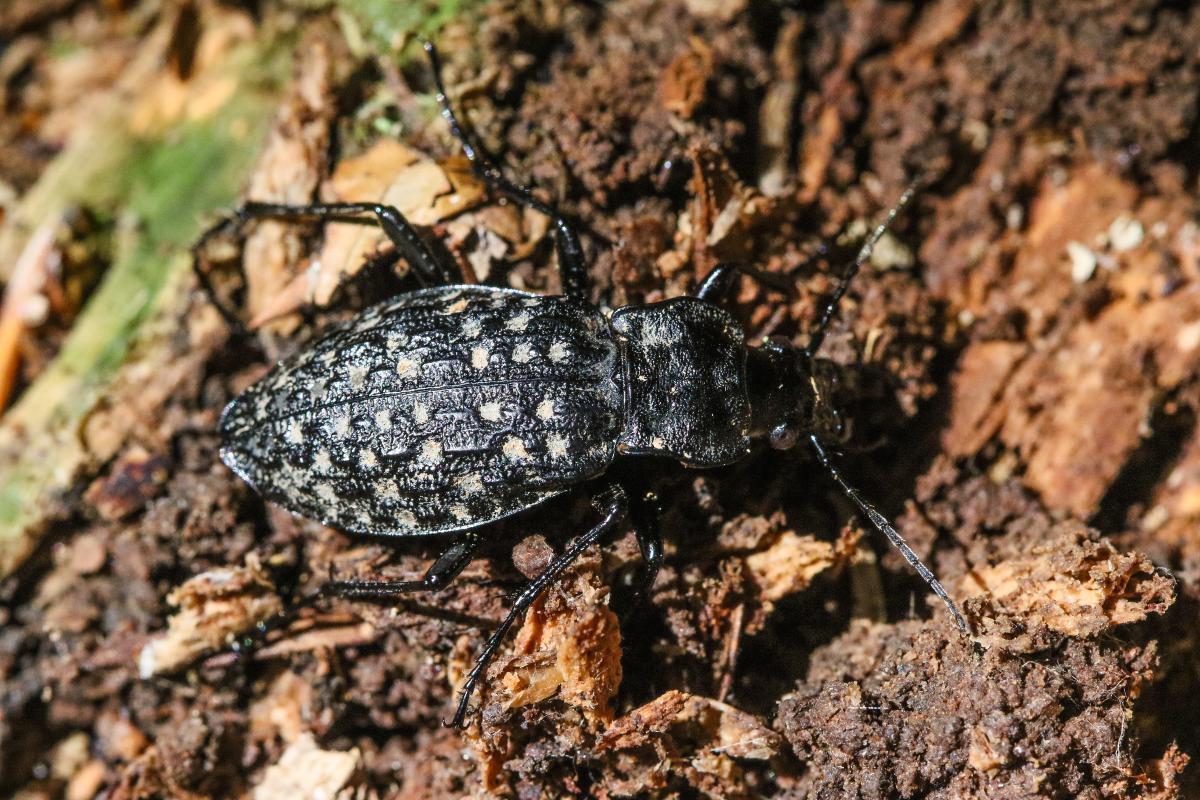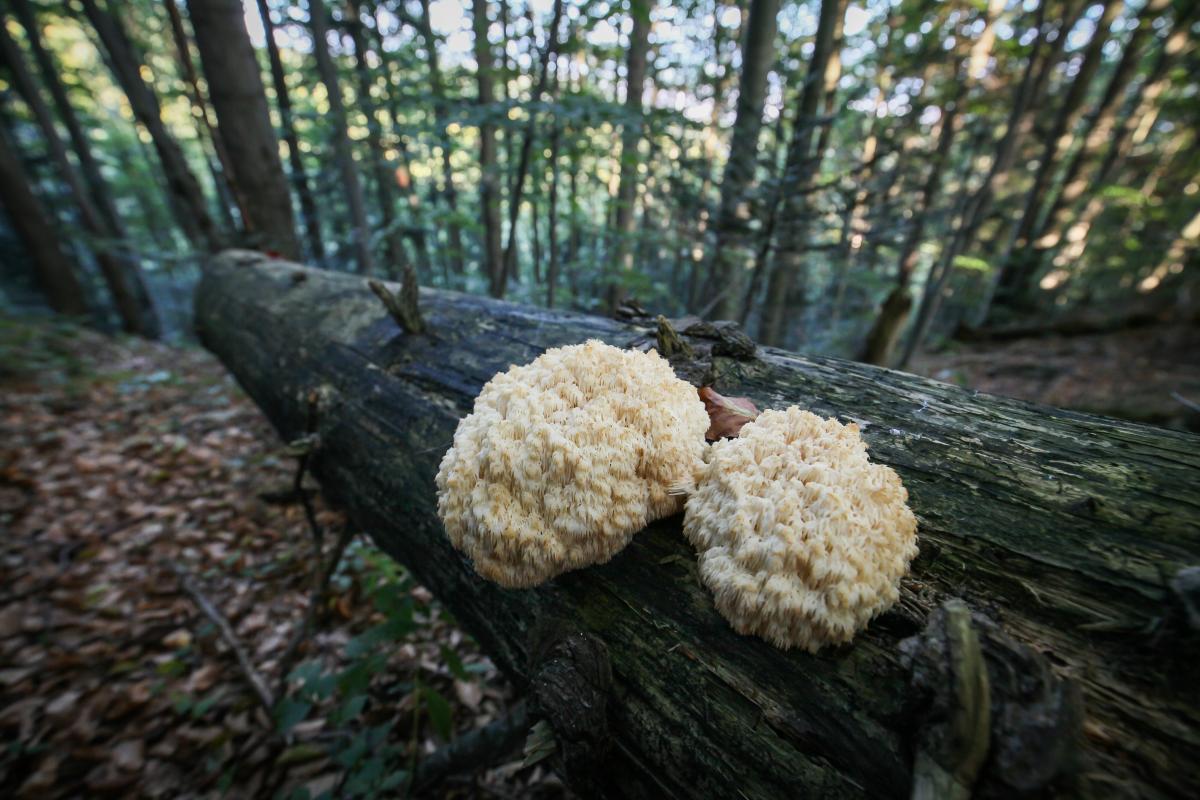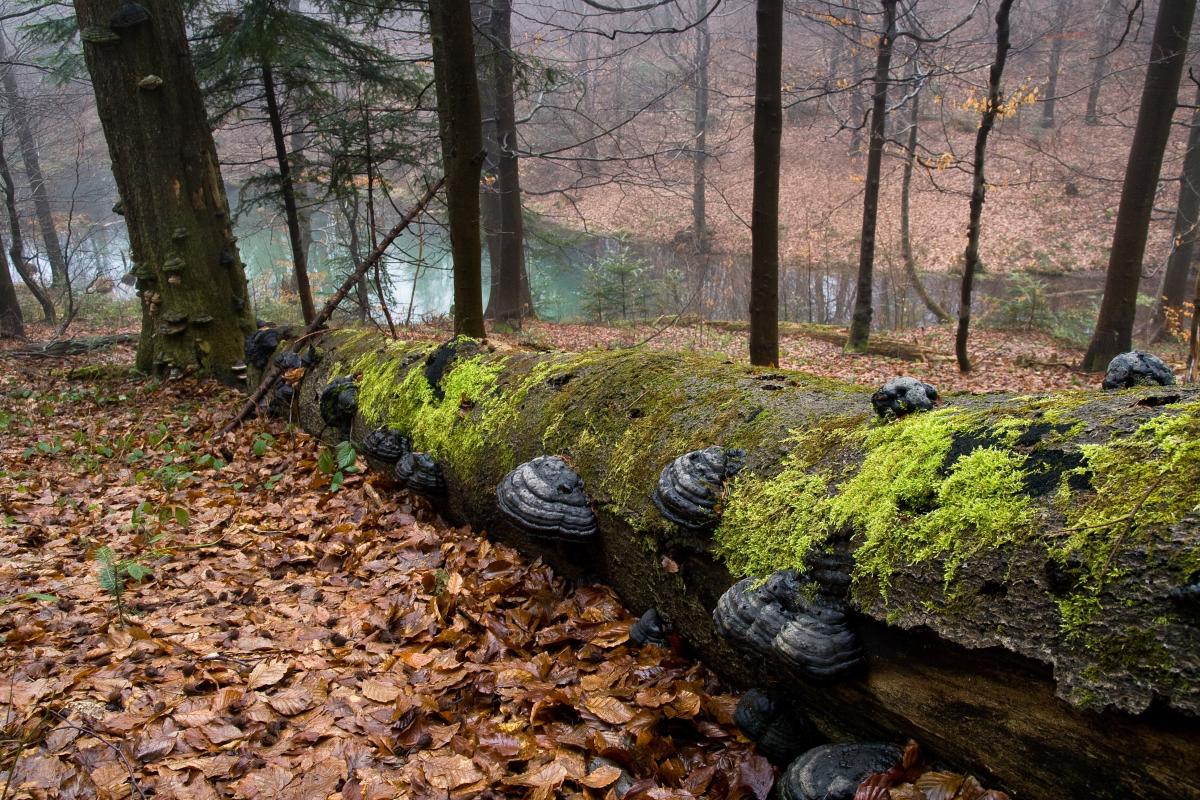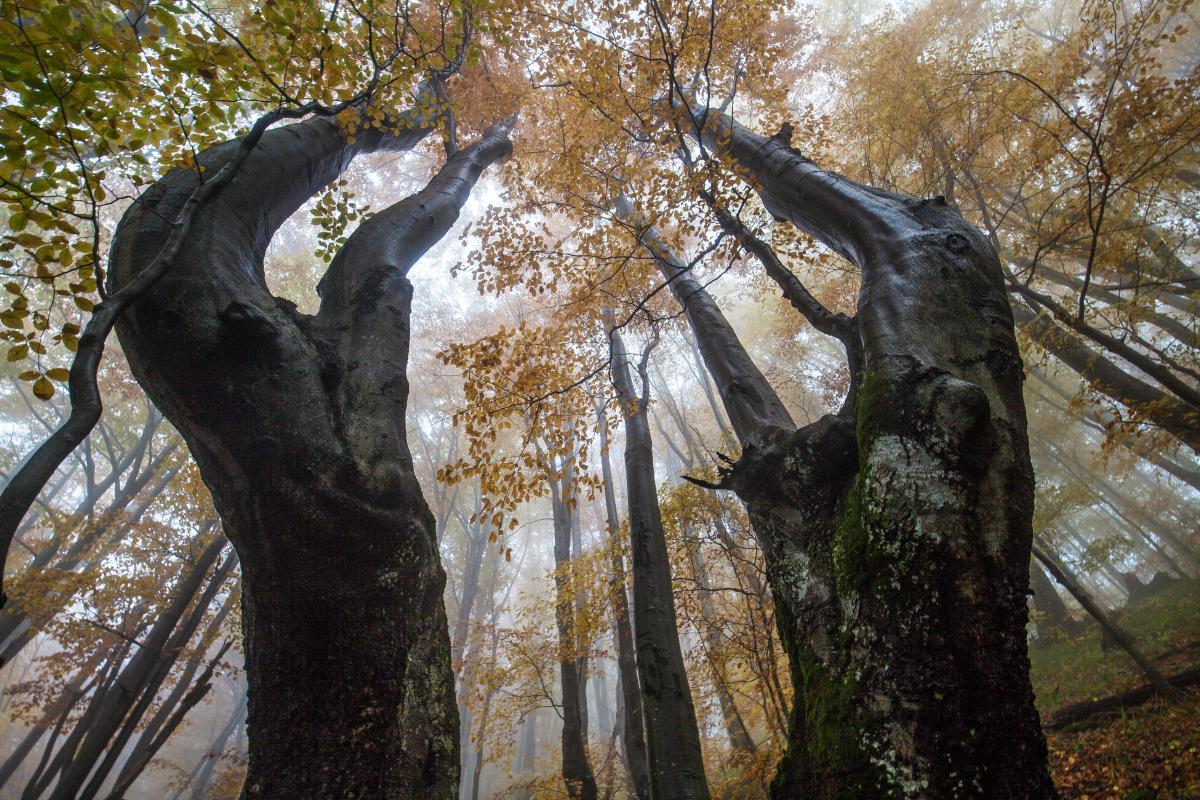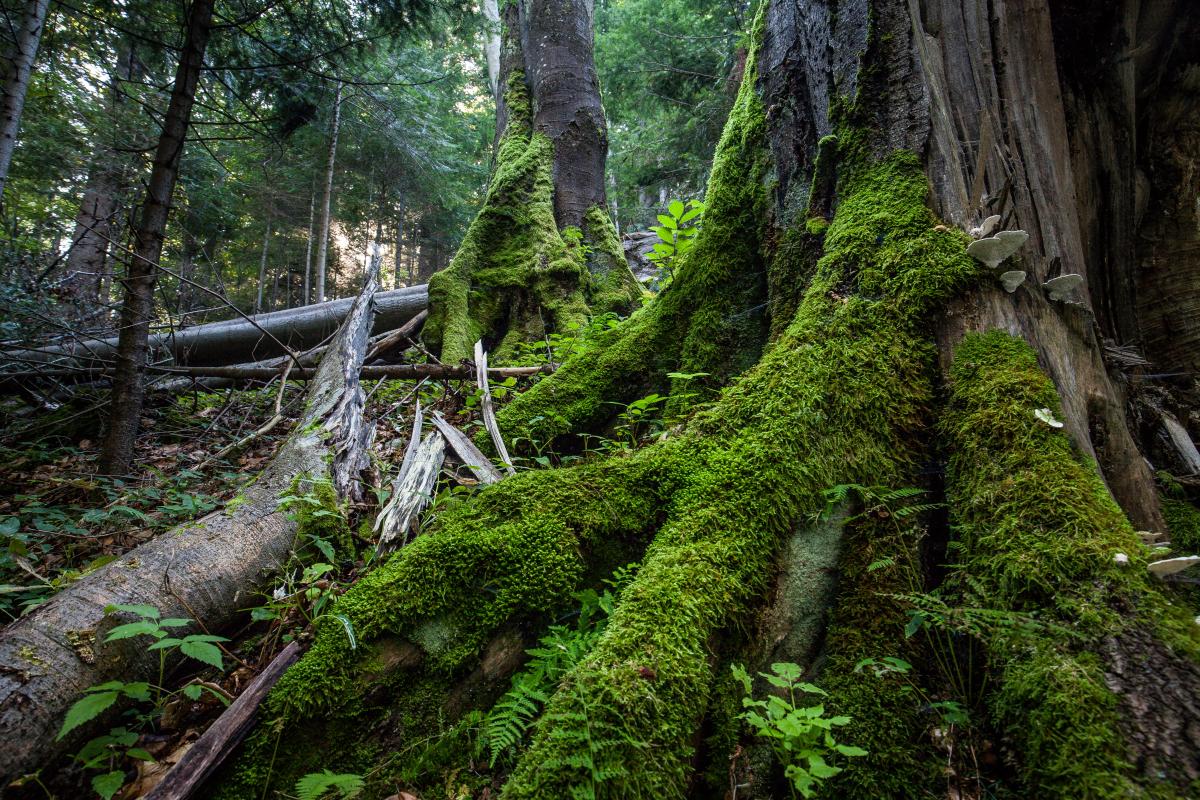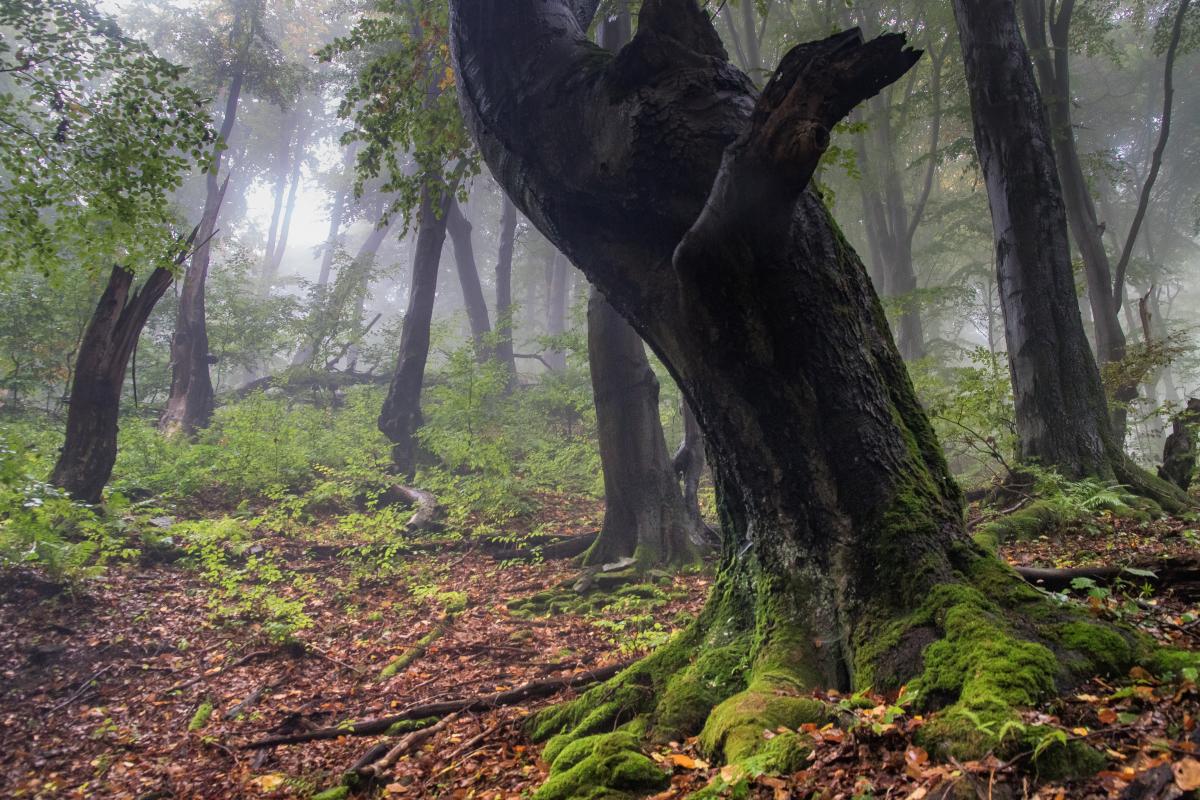In the polish part of the Wolf Mountains, three new nature reserves are now under strict protection. All new areas have just been established in the Carpathians with its old-growth beech forests, protecting unique ecosystems with rare species. Although the new reserves are small, they stand for a change in Polish nature conservation policy and serve as stepping stones for wildlife.
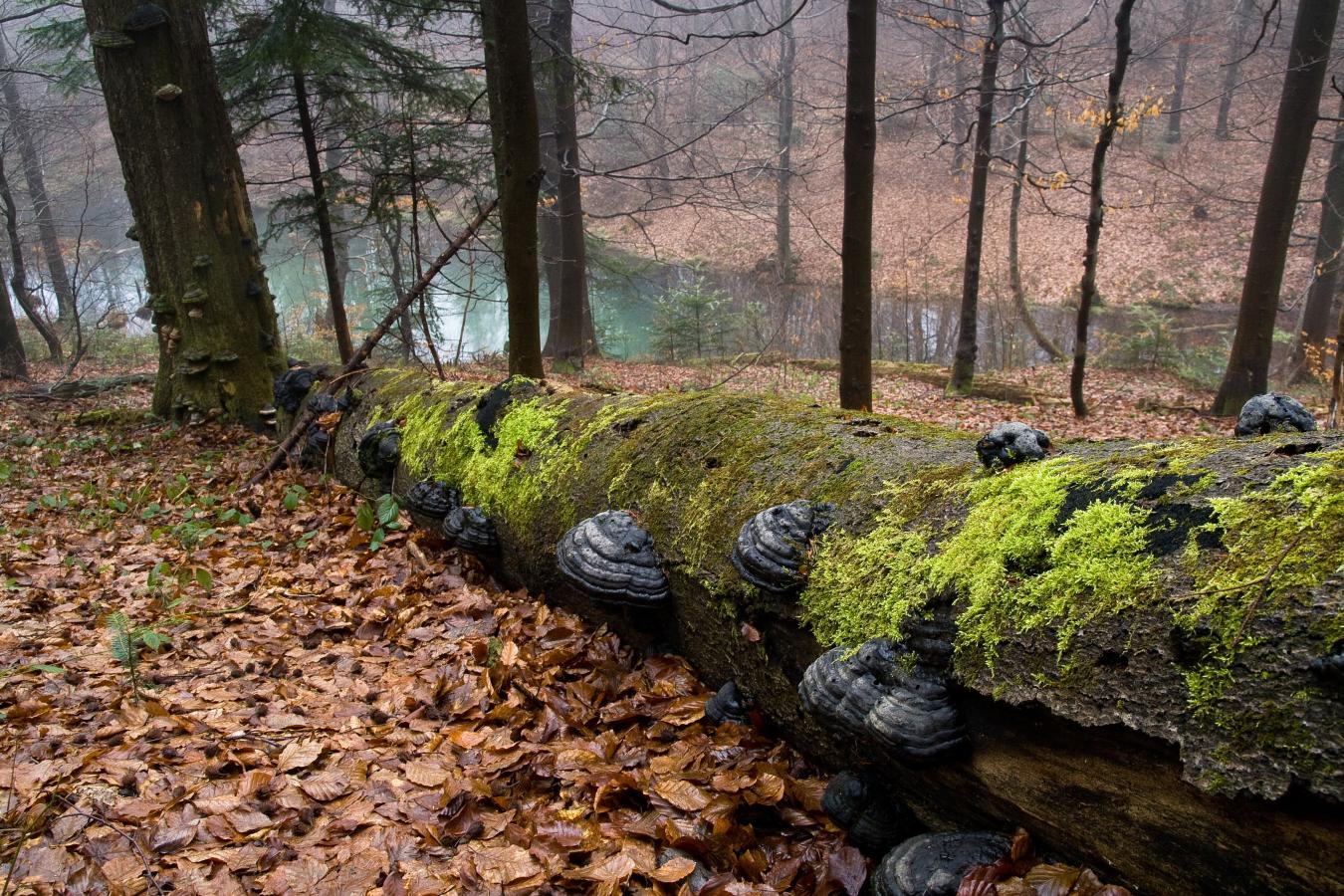
New stepping stones for wildlife in the Wolf Mountains
The Wolf Mountains, one of Europe`s last remaining wilderness areas, stretch across a wide area, which for many years was abandoned due to its location along country borders. As a result, large patches of uninterrupted old-growth forests can still be found here. Located in the heart of the Carpathian Mountains, bordering Poland, Slovakia and Ukraine, the area is covered with old-growth beech forests and natural river ecosystems. Many mammals like wolves, brown bears, Eurasian lynx, wild cats, European bison, and beaver still live here.
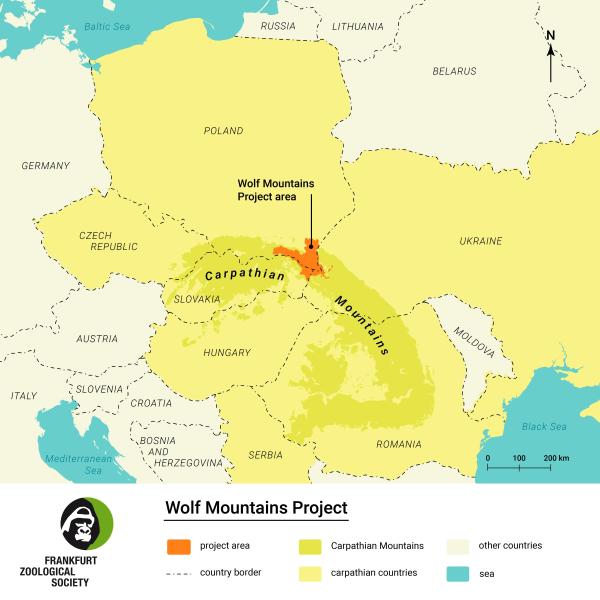
Those who are often overlooked in the discussion about wilderness and protected areas are the small, wood-dwelling creatures, which nevertheless play an indispensable role in the cycle of growth and decay. Such as, for example, deadwood beetles and fungi or tree lichens. These more and more rare species feel particularly at home in old beech forests, such as those that can still be found in the Carpathians.
As part of the Wolf Mountains, the Low Beskids and the slightly higher Bieszczady Mountains are among the wildest corners of Poland and even Central Europe. To protect the most valuable natural sites in this area, FZS works closely with the Polish Society for the Protection of Birds (OTOP), a Polish partner of the FZS Wolf Mountains project.
The reserves Kozie Żebro, (105 ha) and Markowiec-Gródek (71 ha) are named after the beautiful Beskid peaks whose nature they protect. The third area was enlarged from two hectares to 484 ha, called Zwiezło in the valley of the Olchowaty stream. Another six invaluable natural refuges identified by OTOP are waiting to be included in the reserve protection in the Wolf Mountains. In each case, this requires a detailed wildlife inventory in the field, the preparation of documentation and expert advice.
For each site, a team of experts in ornithology, entomology, lichenology and botany was tasked with determining the presence of rare, protected, relict or endangered species, and preparing detailed reports on the state of nature conservation in the proposed reserves. This is where FZS comes in, supporting partners like OTOP in protecting these areas.
Although the reserves are small, we hope that they herald a change in Polish nature conservation policy and that more areas will soon be properly protected. It’s the only way to protect rare species like deadwood beetles from extinction. These insects that depend on dead and decaying wood for at least part of their lifecycle play important ecological roles in European habitats. The current IUCN European Red List provides an assessment of 693 species of deadwood beetles.








